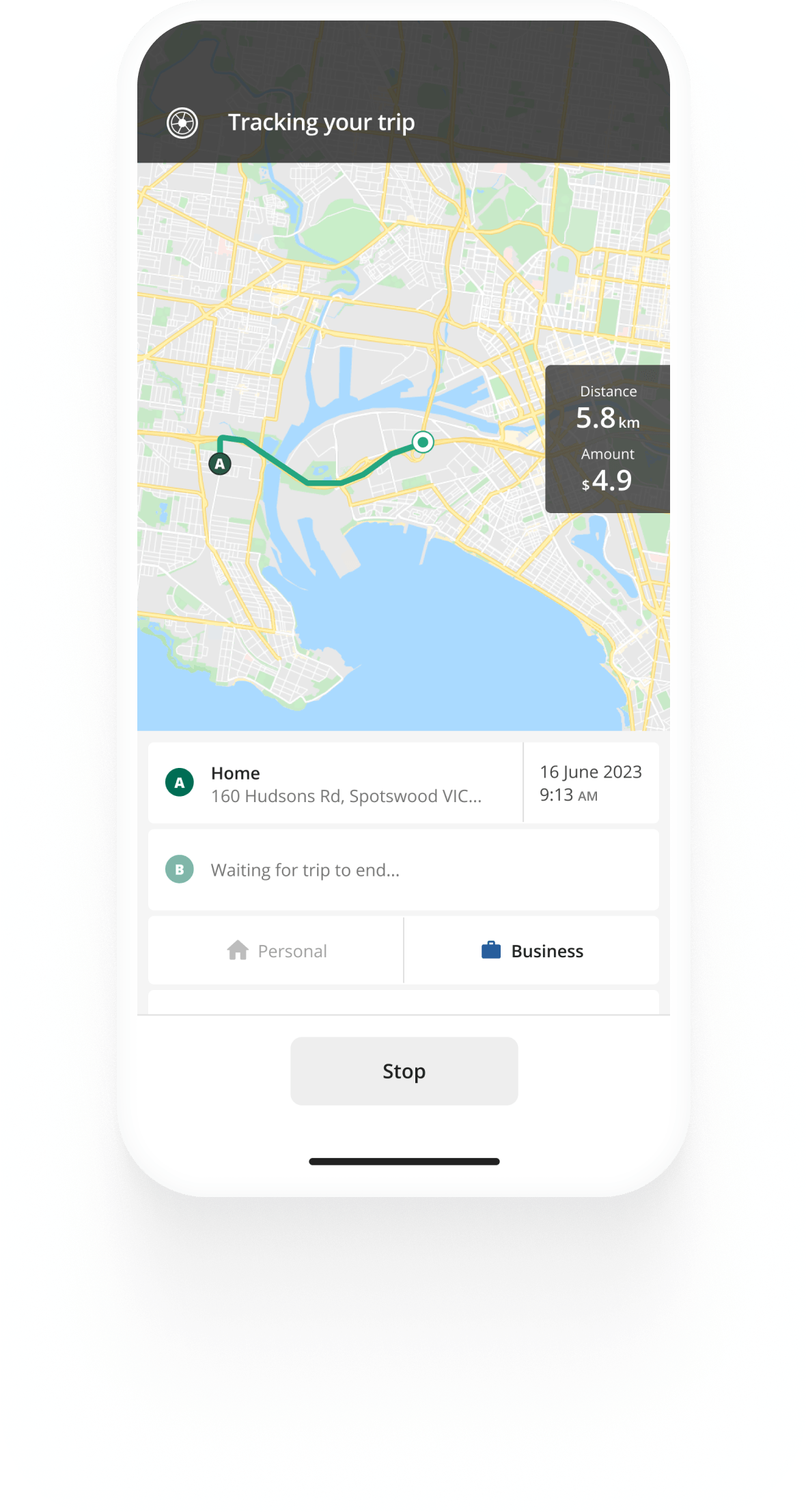Track mileage automatically
Get startedGig economy
The gig economy refers to a modern labor market where short-term, flexible, and freelance work arrangements are prevalent. In many cases enabled by digital platforms such as Lyft, Uber and DoorDash. Freelancing individuals can take on multiple gigs or jobs instead of traditional full-time employment.
In the gig economy, workers have the freedom to choose when, where, and how much they work. They can set their own schedules, accept or decline gigs, and work for multiple platforms simultaneously. This flexibility can be beneficial for those seeking work-life balance or additional income.
However, gig workers may face challenges such as income instability and lack of traditional benefits. The gig economy has sparked discussions around fair labor practices and social protections for workers.
Despite challenges, the gig economy has created new opportunities for individuals to both earn money and to conveniently access on-demand services. Policymakers and businesses are striving to find the right balance between flexibility and security in this evolving landscape of work.
In summary, the gig economy offers flexible work arrangements through digital platforms, providing opportunities and challenges for workers in a changing labor market.


Kilometre tracking made easy
Trusted by millions of drivers
Automate your logbook Automate your logbook

Automatic mileage tracking and ATO-compliant reporting.
Get started for free Get started for freeFAQ about gig economy

Tired of logging mileage by hand?
Effortless. ATO-compliant. Liberating.
Related posts
ATO Mileage Guide
Latest update: 23 June 2025 - 5 min read
Learn about the rules of reimbursing employees for their car expenses or deducting expenses as an employee or self-employed individual.
GOFAR vs Driversnote
Latest update: 23 February 2026 - 10 min read
Compare GOFAR and Driversnote in 2026. See which logbook app is best for ATO compliance, ease of use, privacy, and everyday driving needs.
Work-Related Travel Expenses for Employees
Latest update: 16 January 2026 - 2 min read
Learn about the ATO rules on work-related travel expenses and see if they are reimbursable or deductible at tax time in Australia.


